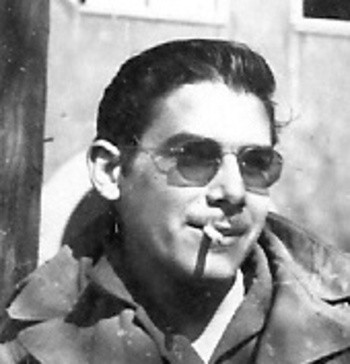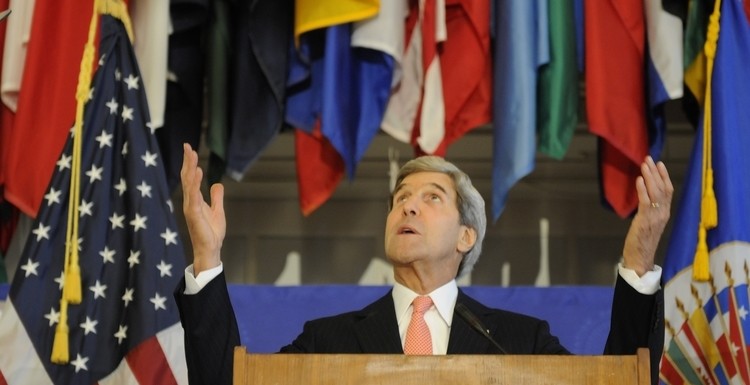Venezuela s Obnoxious Regime Is Not a Security Threat
Post on: 16 Март, 2015 No Comment

President Obama just issued an executive order branding Venezuela a national security threat and imposing sanctions against seven officials of Nicolás Maduro’s socialist government.
Obama’s action continues an unfortunate U.S. foreign policy habit of promiscuously invoking the concept of national security. Too often, Washington purports to believe that if a foreign government is corrupt or treats its own citizens badly, it automatically menaces the American republic. That notion is not only absurd, it foments international instability and in some cases even entangles the United States in unnecessary conflicts.
The executive order directed against Venezuela is a textbook example of an overly broad definition of national security. The White House stressed that the order targeted officials whose actions undermined democratic processes or institutions, abused human rights, were involved in prohibiting or penalizing freedom of expression, or were guilty of corruption. White House spokesman Josh Earnest declared that the United States now had the tools to block the financial assets of Venezuelan officials “past and present” who dare “violate the human rights of Venezuelan citizens and engage in acts of public corruption.”
There is little question that Venezuela’s government is corrupt and autocratic. My Cato Institute colleague Juan Carlos Hidalgo has ably documented the abuses committed by both Maduro and his predecessor and mentor Hugo Chávez. Venezuela today is an economic mess presided over by an increasingly insecure, undemocratic political elite.
But a misgoverned country, even a grotesquely misgoverned one, does not necessarily pose a credible threat to the security of the United States. Maduro may be an intolerant clown, but he has done little of substance to worry the global superpower. Indeed, his principal offense, even more than that of Chávez, has been to make rude or preposterous allegations against Washington.
In January 2015, Maduro charged that the United States was orchestrating the plunge in global oil prices to destroy regimes of oil producing countries that refused to do Washington’s bidding. Such an allegation may reflect a cynical desire to whip-up anti-U.S. feelings on the part of populations who don’t understand the role of global supply and demand in determining commodity prices, but the attempt is more laughable than threatening.

The same could be said of Chávez’s infamous September 2006 speech to the UN General Assembly, in which he explicitly compared George W. Bush to the devil, complete with the assertion that he had smelled brimstone after Bush’s address to the gathering.
Indeed, Washington could have made a more credible case during Chávez’s presidency that Caracas posed a threat to U.S. security than it can currently. During those years, the Venezuelan regime established ties with radical insurgent groups in neighboring countries (especially Colombia) and forged increasingly close relations with Russia, China, and Iran—countries that U.S. officials viewed with suspicion or (in Iran’s case) open hostility. The connections that Chávez developed with Moscow and Beijing raised concerns about peer competitors of the United States gaining economic, political, and perhaps even military footholds in the Western Hemisphere. The onset of ties with Iran added worries about state-sponsored terrorism.
During the Chavez era, a Russian general spoke of the possibility of Russia acquiring a military base in Venezuela. While civilian leaders in both Caracas and Moscow quietly disavowed such intentions, Russian naval forces conducted joint maneuvers with Venezuelan units, and there was a proliferation of arms sales, which topped the $4 billion mark by September 2009. In 2012, Chávez announced another $4 billion “loan” from Russia to purchase tanks, air-defense missiles, and other hardware.














